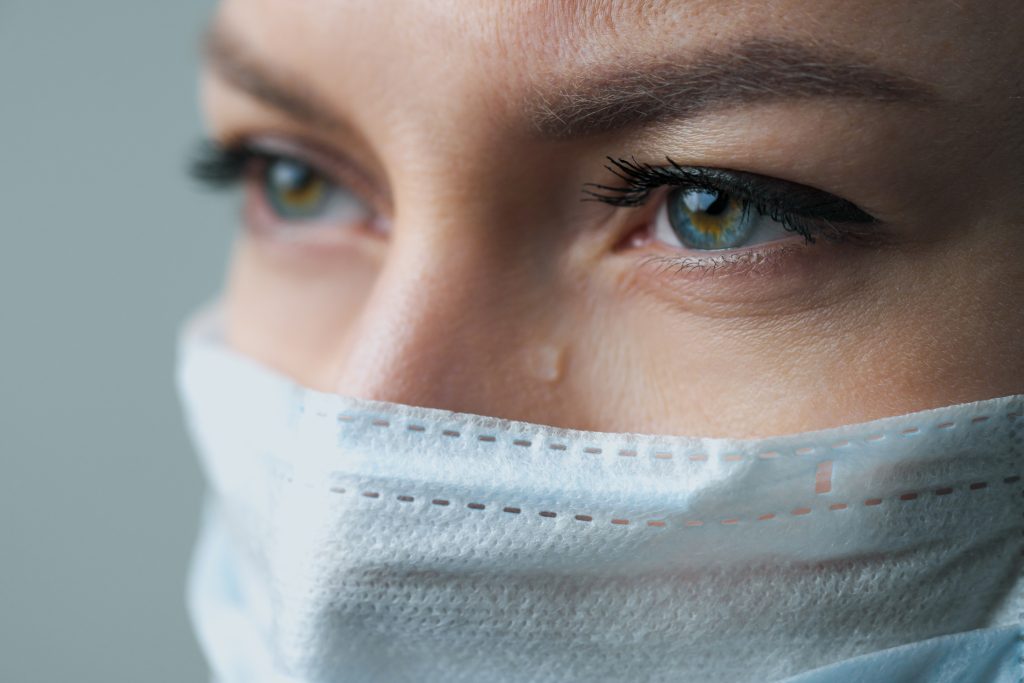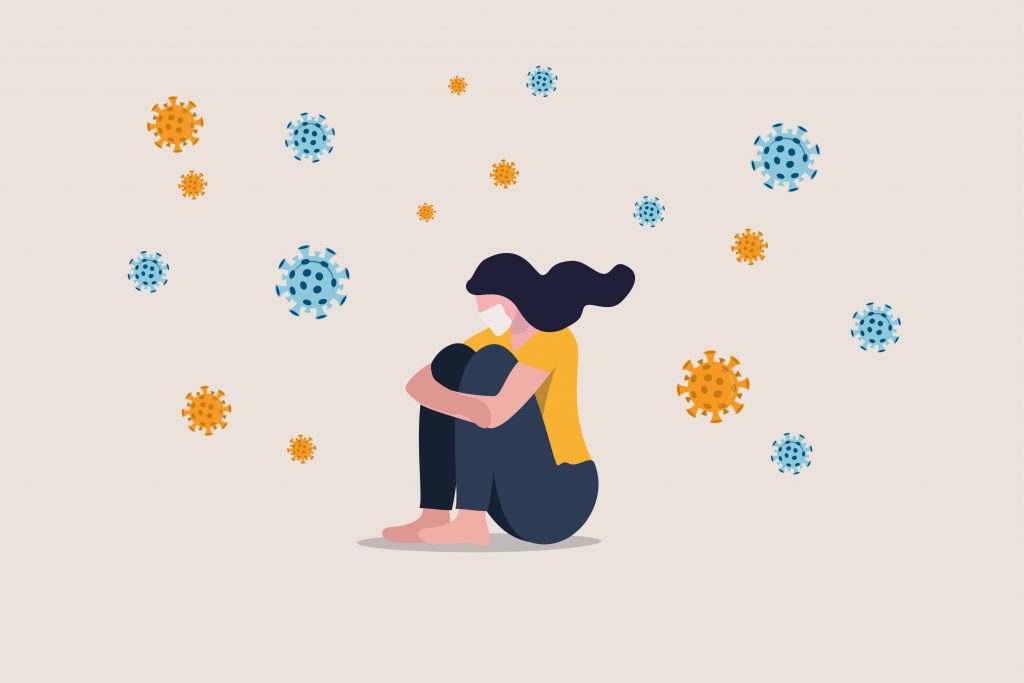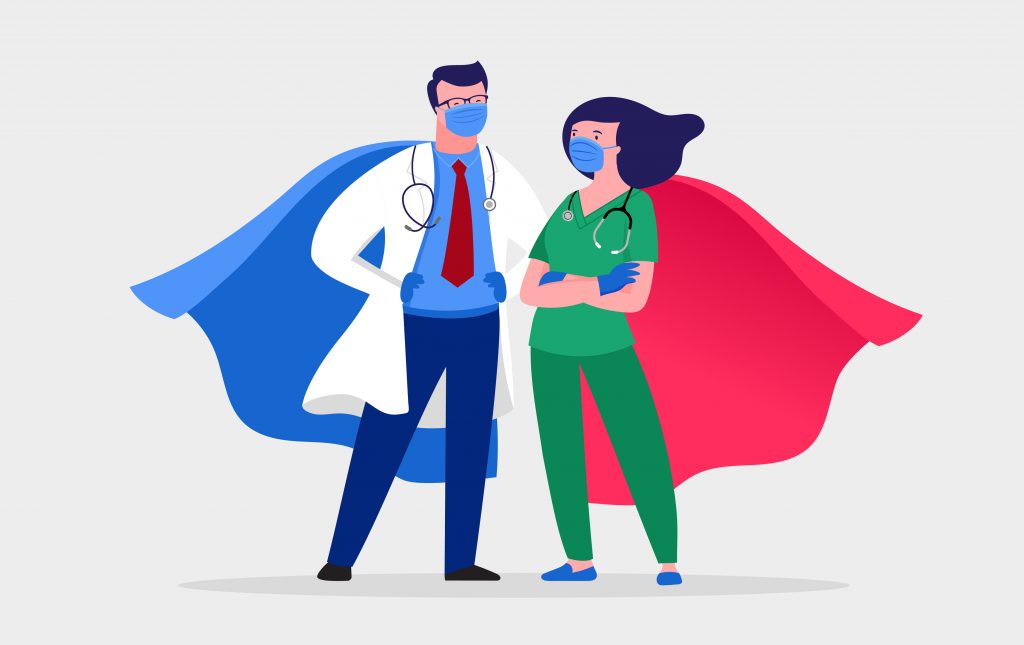Nurses
Category3 States with the Most Demand for Nurses
Healthcare added back more than a quarter million jobs over the past three months. Here are the top three states where demand for nurses is the greatest.
Return to School Shines Spotlight on Oft-Forgotten Nurses
Given the ongoing COVID crisis, school nurses are more important than ever before, as they look after the health and well-being of students and staff alike.
How to Cope When You Hate Your Job
Working in healthcare is just plain hard. So, how do you cope if and when your passion for it seems gone? Here are some things to try.
Mental Health of Healthcare Workers Has Tanked Amid Pandemic
The COVID-19 pandemic is clearly taking a toll on the mental health of our nation’s healthcare workers, according to the findings of our recent survey.
Survey: Mental Health on the Front Lines
May is Mental Health Awareness Month, as well as the fifth straight month those on the frontlines have been treating COVID-19. How are you doing? Tell us here.
The Top 10 Pandemic-Proof Healthcare Jobs
Healthcare is often touted as a recession-proof industry. But is it pandemic-proof? Given the number of available jobs, it seems so. See the most in-demand position types here.
Freebies, Discounts, & Perks for Healthcare’s Heroes
To recognize the heroic efforts of frontline medical staff, companies are offering promotions as a way of giving back. Here’s a giant list of them.
Join the Fight Against COVID-19
We encourage all healthcare professionals who are able to join the fight against COVID-19 to register with us and label themselves as #covid19 ready.
How to Care for Yourself While Treating COVID-19 Patients
People who work in healthcare are being stretched beyond their limits due to COVID-19. Here are tips to take care of yourself while caring for others.
How to Prepare to Negotiate Your Salary
Being an in-demand provider doesn’t mean you’ll automatically be paid well. Here are a few tips to prepare you for when it’s time to negotiate your salary.










